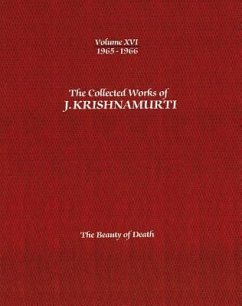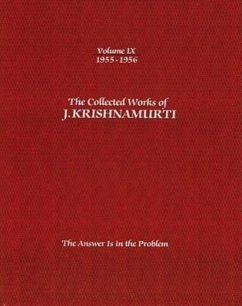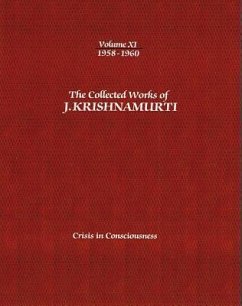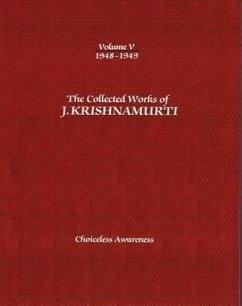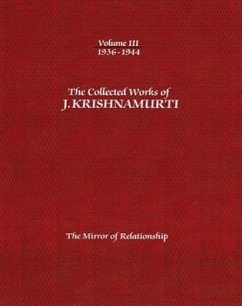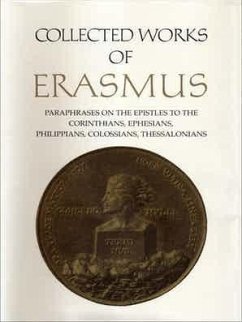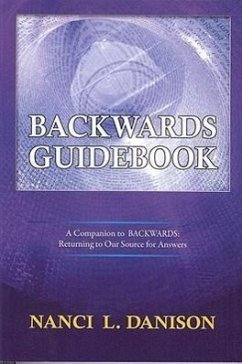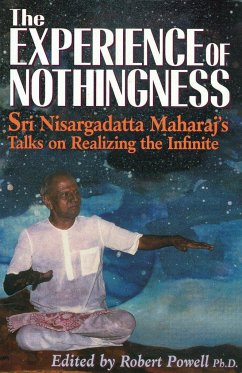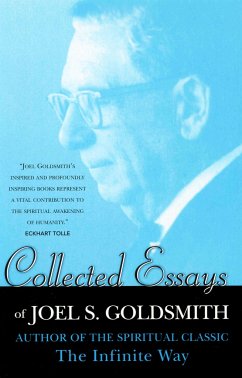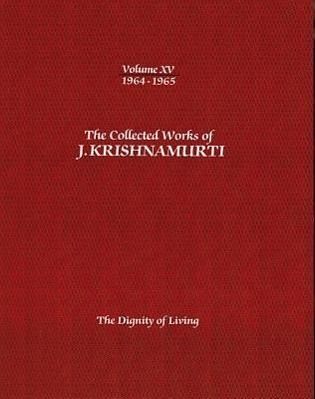
The Collected Works of J.Krishnamurti -Volume XV 1964-1965
The Dignity of Living
Versandkostenfrei!
Versandfertig in über 4 Wochen
15,99 €
inkl. MwSt.

PAYBACK Punkte
8 °P sammeln!
"Is it possible to live without conflict? Perhaps this is a theoretical question, but it challenges the mind that is trained to accept conflict as a natural part of living. Ultimately, as Krishnamurti explains, the critical importance of that challenge is not to answer yes or no to the possibility of a life without conflict: When you approach a problem, you start with the fact that there is conflict, and you begin to inquire whether it is possible to end it, neither accepting that it can be ended nor asserting that it cannot be ended. Your mind is then in a position to look at the fact; and th...
"Is it possible to live without conflict? Perhaps this is a theoretical question, but it challenges the mind that is trained to accept conflict as a natural part of living. Ultimately, as Krishnamurti explains, the critical importance of that challenge is not to answer yes or no to the possibility of a life without conflict: When you approach a problem, you start with the fact that there is conflict, and you begin to inquire whether it is possible to end it, neither accepting that it can be ended nor asserting that it cannot be ended. Your mind is then in a position to look at the fact; and that is what we must establish between us."



